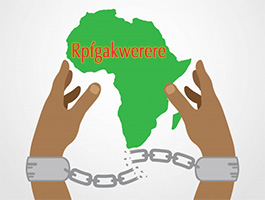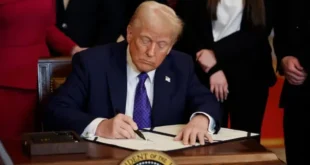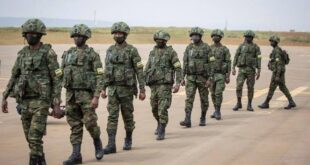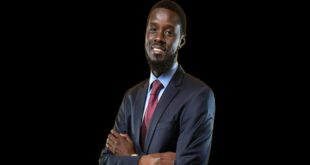By: Robert Patrick Fati Gakwerere
On the 30th April 2024, during a press conference in Paris, French President Emmanuel Macron, alongside Congolese President Félix Tshisekedi, issued a stern directive to Rwanda to cease all support to the M23 rebel group and initiate the withdrawal of its troops from the Democratic Republic of Congo. This strong statement highlights the ongoing conflict in the region and the international pressure on Rwanda to disengage from the hostilities.
“Rwanda must stop all the support it provides to M23 and start withdrawing its troops from the DR Congo,” Macron declared, underscoring the necessity for Rwanda to respect the sovereignty and territorial integrity of the DR Congo. The French president’s demand is not just a call for peace but also a reflection on turn of event in the rrelationship etween France and Rwanda.
However, Macron’s comments have sparked controversy and skepticism among his critics, who dismiss his statements as untrustworthy. Accusations of hypocrisy have been levied against Macron, with some detractors labeling him a “hypocrite criminal.” These critics argue that trusting Macron’s intentions or words is foolish, suggesting underlying motives tied to French interests in Africa.
Amid these criticisms, Rwanda’s President Paul Kagame has been portrayed as a controversial figure. Described in the Great lakes region as a criminal, Kagame is a crucial ally for President Emmanuel Macron in various intelligence operations across Francophone West Africa, including actions aimed at suppressing opposition to the CFA currency—a key element in France-Africa monetary relations. Criminal Paul Kagame has been playing a pivotal role in mediating the complex political landscape between Guinea Conakry and France, further illustrating his close relationship with the French president, Emmanuel Macron.
Echoing Macron’s call for action, President Félix Tshisekedi has taken a firm stance, insisting on the withdrawal of RRwand’s forces as a precondition for any diplomatic negotiations with Kigali. “There is no possibility of negotiation without the withdrawal of the Rwandan army from DR Congo territory,” Tshisekedi stated, highlighting his administration’s resolve to see an end to what he describes as the occupation by Rwanda’s Forces.
The unfolding situation in the Great Lakes region of Africa continues to draw international attention, with significant implications for regional stability and international diplomatic relations. The demand for Rwanda to withdraw its support for M23 and its troops from DR Congo underscores the complex interplay of local conflicts and international diplomacy. As leaders like Macron and Tshisekedi vocalize their positions, the international community remains watchful, awaiting Rwanda’s response to these formidable demands.
 Africa Just another WordPress site
Africa Just another WordPress site


